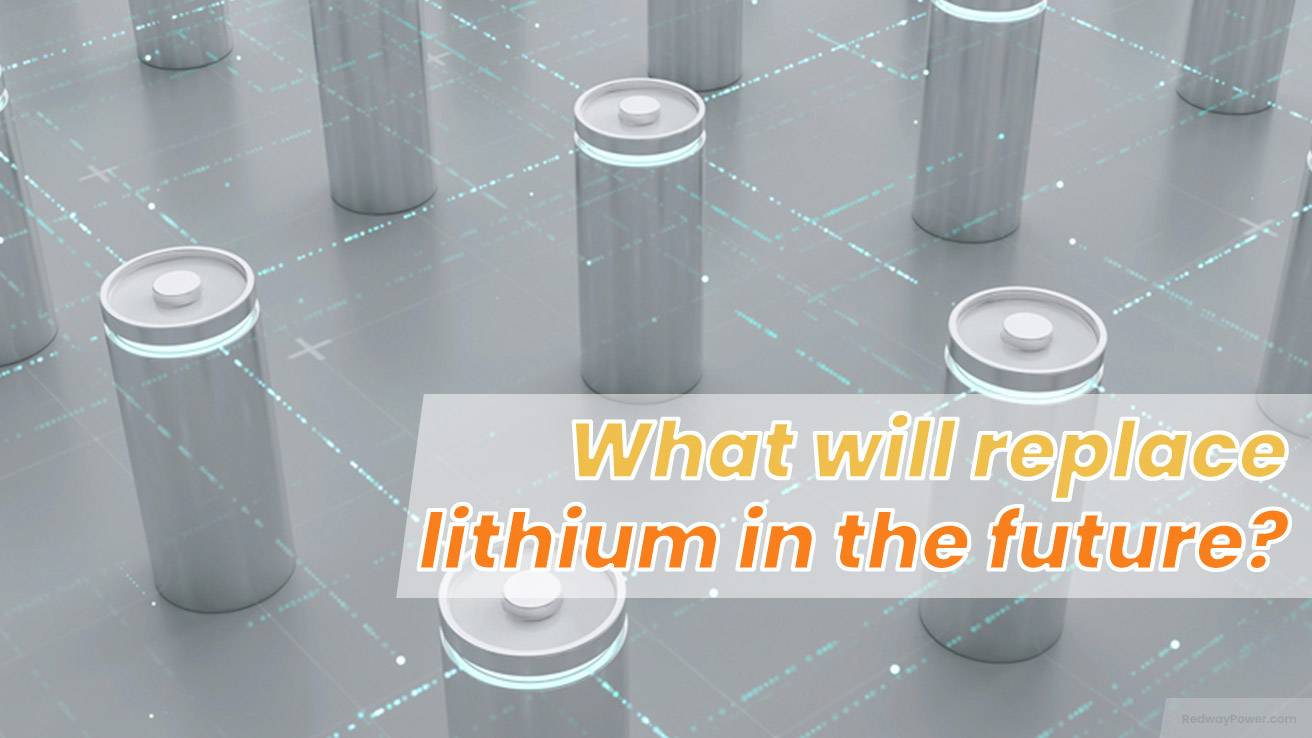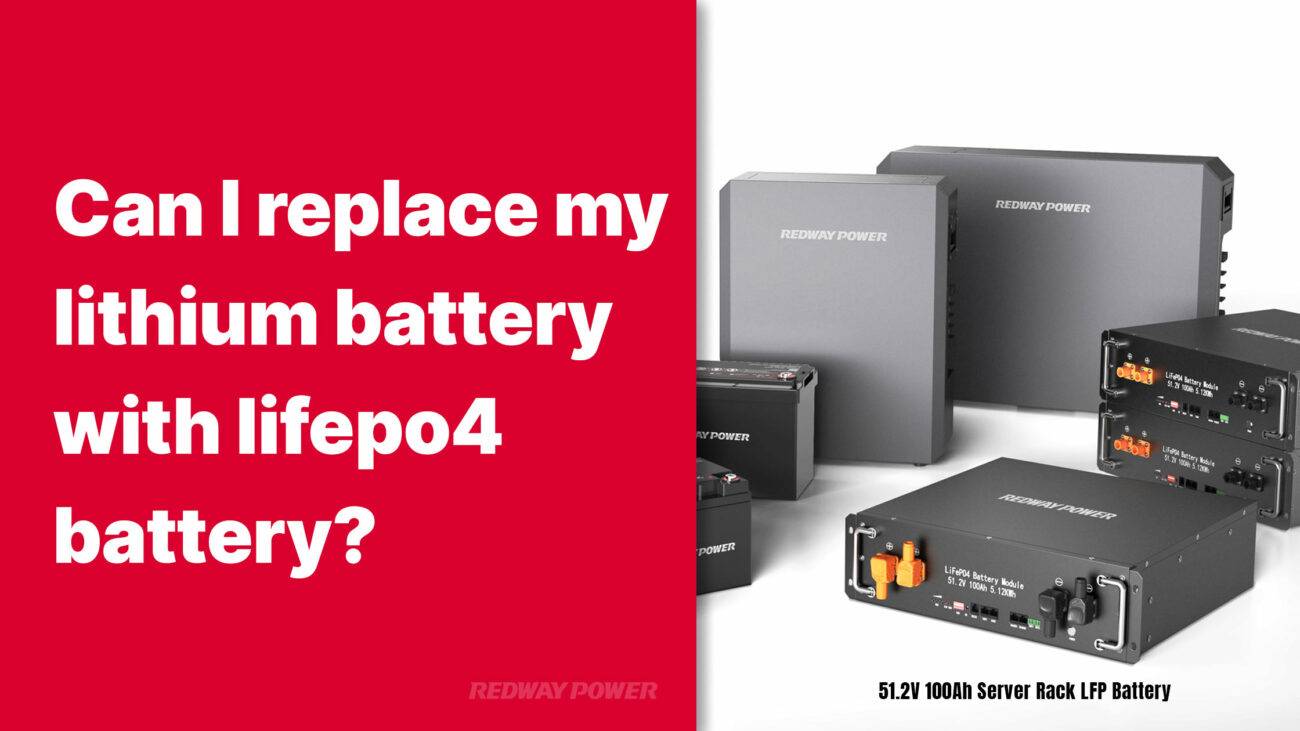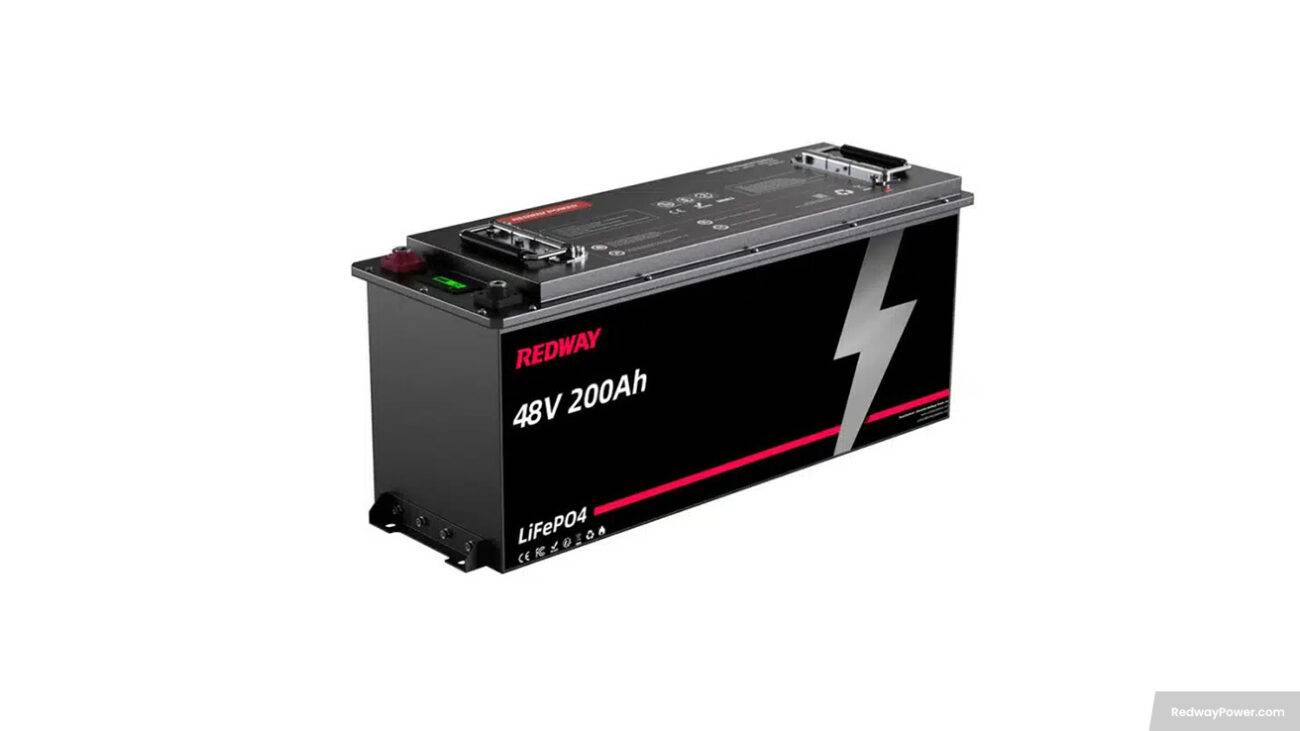Welcome to the electric future, where lithium has been a game-changer in powering our devices and vehicles. Its high energy density and durability made it a favorite, but with growing demand come drawbacks. Let’s explore the world of battery tech to find alternatives that could shape our electrified future. Buckle up for an enlightening journey!
The downsides of using lithium
While lithium serves as a powerful energy source, it comes with notable downsides that deserve attention. Let’s delve into the key concerns:
- Limited Availability and Environmental Impact:
- The scarcity of lithium reserves raises environmental concerns as increased extraction can lead to ecological damage and heightened carbon emissions.
- Social and Economic Impacts:
- The mining and processing of lithium can negatively impact local communities and ecosystems, particularly in vulnerable or politically unstable areas, posing social and economic challenges.
- Cost and Recycling Challenges:
- High production and recycling costs make lithium-ion batteries relatively expensive. Proper disposal methods are not widespread, presenting challenges in managing end-of-life batteries efficiently.
- Safety Concerns:
- Safety remains a significant issue with lithium-ion batteries, known for potential fire hazards or explosions under extreme conditions. While safety measures have improved, ongoing advancements are crucial.
- Geopolitical Dependence:
- Overreliance on lithium may lead to geopolitical tensions and instability, especially if regions controlling large reserves decide to restrict access or increase prices.
Recognizing these downsides is vital for a comprehensive understanding of lithium’s limitations in long-term energy solutions. Researchers worldwide actively explore alternatives to address these concerns and pave the way for sustainable energy options.
Alternatives to lithium
Exploring alternatives to traditional lithium batteries presents exciting possibilities for sustainable energy storage. Let’s delve into two promising alternatives:
- Sodium-ion Batteries:
- Pros:
- Abundance: Sodium, widely available on Earth, offers a sustainable and cost-effective resource.
- Cost-effectiveness: Sodium production is less expensive than lithium, potentially leading to more affordable batteries.
- Similar Performance: Initial studies indicate comparable energy density and performance to lithium-ion batteries.
- Cons:
- Lower Energy Density: Sodium-ion batteries currently have lower energy densities, limiting suitability for certain high-energy applications.
- Limited Research: Further research is needed for commercial viability despite progress in development.
- Pros:
- Solid-state Batteries:
- Pros:
- Safety Improvements: Solid-state batteries enhance safety by eliminating risks associated with flammable liquid electrolytes.
- High Energy Density Potential: This technology has the potential for higher energy densities compared to current lithium-based systems.
- Cons:
- Manufacturing Challenges & Costs: Complex production processes and high costs are challenges due to technical issues.
- Limited Commercial Availability: Despite advancements, large-scale manufacturing is still in development.
- Pros:
While these alternatives show promise, addressing challenges through ongoing research is vital for realizing their potential in sustainable energy storage solutions.
Pros and cons of each alternative
Exploring alternatives to traditional lithium-ion batteries reveals several promising options. Let’s examine the pros and cons of each:
- Sodium-ion Batteries:
- Pros:
- Abundance & Low Cost: Sodium’s abundance and affordability make these batteries cost-effective.
- Comparable Capabilities: Similar energy storage capabilities to lithium-ion batteries for various applications.
- Cons:
- Lower Energy Density: Suffers from lower energy density, leading to shorter battery life and reduced efficiency.
- Pros:
- Solid-state Batteries:
- Pros:
- Enhanced Safety: Solid-state batteries eliminate risks of leakage or thermal events, improving safety.
- Higher Performance: Offers higher energy density, longer cycle life, and faster charging compared to traditional lithium cells.
- Cons:
- Manufacturing Challenges: Faces challenges in scalable production and high manufacturing costs.
- Pros:
- Hydrogen Fuel Cells:
- Pros:
- Zero Emissions: Produces electricity with only water vapor emissions, addressing greenhouse gas concerns.
- Cons:
- Infrastructure Limitations: Limited infrastructure for hydrogen production and distribution compared to traditional options.
- Pros:
- Graphene-based Supercapacitors:
- Pros:
- Rapid Charging: Offers fast acceleration in electric vehicles and efficient energy storage.
- Abundant & Eco-friendly: Graphene is readily available, and production is environmentally friendly.
- Cons:
- Stability Challenges: Faces challenges in maintaining stable performance over multiple charge-discharge cycles.
- Pros:
As research progresses, the focus is on improving these alternatives, aiming to surpass lithium’s limitations and revolutionize the energy storage landscape. Exciting innovations are on the horizon!
Current research and development in finding a replacement for lithium
The search for alternatives to lithium is gaining momentum in the quest for sustainable energy solutions. Scientists are exploring several promising options to overcome lithium’s drawbacks while maintaining high performance.
- Sodium-ion Batteries:
- Advantages:
- Abundance and sustainability make sodium an attractive option.
- Potential for comparable energy storage at a lower cost.
- Challenges:
- Finding materials that endure repeated charging cycles remains a hurdle.
- Advantages:
- Solid-state Batteries:
- Pros:
- Enhanced safety with solid electrolytes.
- Potential for higher energy density than traditional lithium-ion batteries.
- Cons:
- Addressing manufacturing scalability and cost challenges is crucial.
- Pros:
- Magnesium-based Batteries:
- Advantages:
- Abundant magnesium offers higher energy density potential.
- Challenges:
- Developing efficient electrode materials for reversible magnesium ion storage is a hurdle.
- Advantages:
- Hydrogen Fuel Cells and Supercapacitors:
- Potential:
- Hydrogen fuel cells offer emission-free electricity with infrastructure challenges.
- Supercapacitors with graphene promise rapid charging and efficient energy storage.
- Potential:
While clear successors to lithium are yet to emerge, ongoing research offers hope for more sustainable and efficient energy storage systems, fostering optimism for viable alternatives in the near future!
Potential impact on industries that heavily rely on lithium
Lithium plays a pivotal role in diverse industries, notably electronics, renewable energy, aerospace, and healthcare. The potential discovery of a lithium alternative could have far-reaching impacts on these sectors.
- Electronics Industry:
- Current Reliance:
- Lithium is extensively used in rechargeable batteries for smartphones, laptops, and electric vehicles.
- Potential Impact:
- Discovering an alternative could disrupt supply chains, necessitating operational restructuring and substantial investments in research and development.
- Current Reliance:
- Renewable Energy Storage:
- Current Scenario:
- Lithium-ion batteries are vital for storing excess energy in renewable systems.
- Impact of Alternatives:
- A viable substitute may reshape clean energy initiatives globally, affecting the renewable energy sector.
- Current Scenario:
- Aerospace Sector:
- Current Usage:
- Lightweight lithium-ion batteries power aircraft systems.
- Potential Consequences:
- A shift away from lithium could impact aircraft design and performance capabilities.
- Current Usage:
- Healthcare Technologies:
- Current Application:
- Long-lasting lithium-based batteries are crucial in medical devices like pacemakers.
- Replacement Considerations:
- Any alternative must match or surpass lithium’s reliability while prioritizing patient safety.
- Current Application:
In Conclusion: The potential discovery of a lithium alternative has implications across multiple industries, prompting a need for adaptation. As researchers explore alternatives like sodium-ion or solid-state batteries and advancements in technologies like hydrogen fuel cells emerge, the future of lithium’s role in our evolving world remains uncertain.
Predictions for the future of lithium and its alternatives
As our energy storage needs escalate, the quest for a lithium alternative intensifies. While a single replacement is unlikely in the near future, various solutions will likely coexist across industries.
- Solid-State Batteries:
- Potential Usage:
- Expected prevalence in electric vehicles due to higher energy density and improved safety.
- Advantages:
- Enhanced safety features and increased energy density compared to traditional lithium-ion batteries.
- Potential Usage:
- Graphene-based Supercapacitors:
- Application Focus:
- Potential use in portable electronics and grid-scale applications.
- Strengths:
- Rapid charging capabilities and efficient energy storage make them promising alternatives.
- Application Focus:
- Sodium-ion Batteries:
- Recent Prominence:
- Emerging as a contender with performance similar to lithium-ion batteries.
- Cost Consideration:
- Potential cost-effectiveness due to abundant sodium resources.
- Recent Prominence:
- Exploration of New Materials:
- Materials in Focus:
- Research on magnesium or aluminum-based compounds for energy storage benefits.
- Objective:
- Identifying materials with advantages comparable to lithium but with fewer limitations.
- Materials in Focus:
In Conclusion: While the specific successor to lithium remains uncertain, ongoing research is steering us toward viable alternatives. Industries relying heavily on lithium must stay vigilant and invest in research for sustainable long-term solutions. The evolving landscape of energy storage promises exciting innovations for a cleaner and more efficient future.





